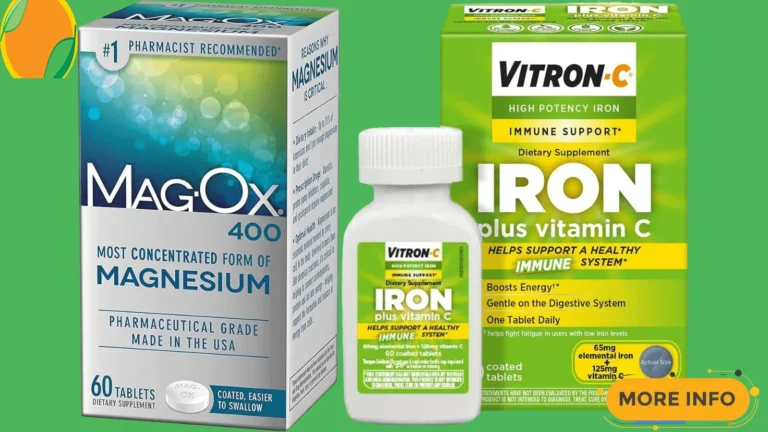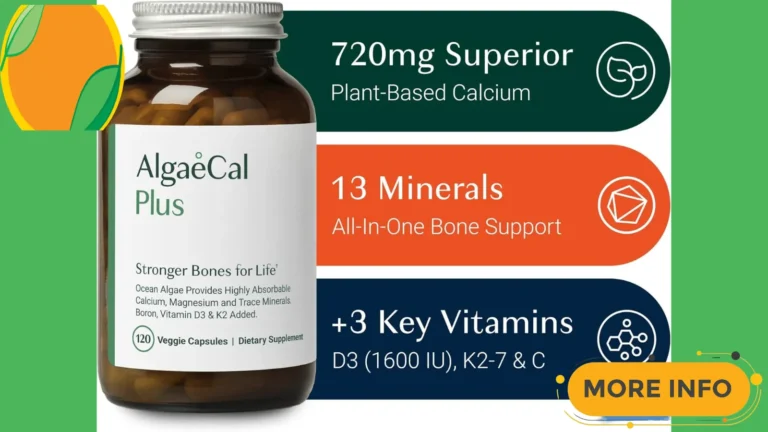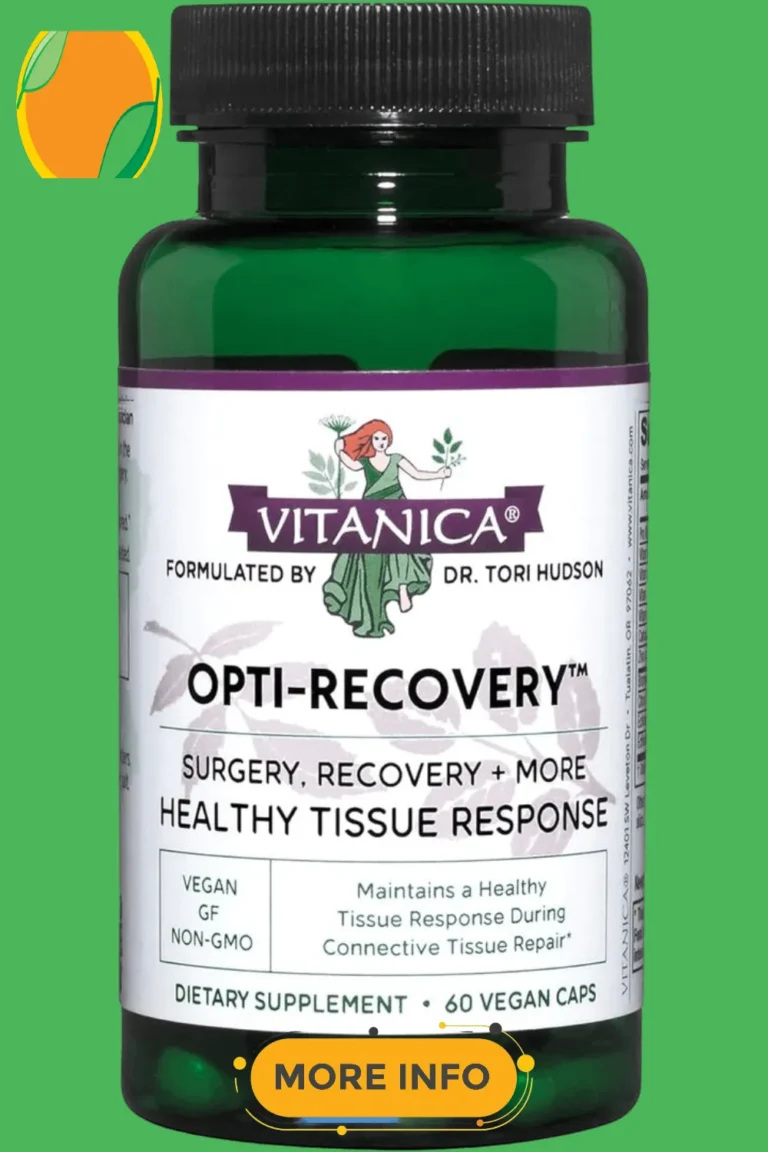Vitamins Minerals and Nutrients
Imagine waking up every morning with boundless energy, a glowing complexion, and a sharp mind ready to tackle the day’s challenges.
What if the secret to such vitality lies hidden in something as simple as our daily diet? Welcome to the fascinating world of vitamins, minerals, and nutrients—often overlooked heroes that power our bodies and fuel our lives.
These essential compounds work tirelessly behind the scenes, orchestrating countless biochemical processes that keep us healthy and functioning at our best.
From boosting your immune system with vitamin C to strengthening bones with calcium, each nutrient plays a unique role in maintaining optimal health.
But how well do we truly understand these microscopic marvels? In this article, we’ll delve into the science behind vitamins, minerals, and nutrients—exploring their individual functions, sources in everyday foods, and why they are indispensable for our well-being.
Whether you’re looking to supercharge your diet or simply curious about what makes your body tick, join us on this enlightening journey through nature’s nutritional wonders.
In today’s fast-paced world, it can be challenging to maintain a balanced diet that provides all the essential vitamins, minerals, and nutrients our bodies need to thrive.
With so many conflicting messages about nutrition circulating in the media, it can be hard to know what information to trust.
In this comprehensive guide, we will explore the importance of vitamins, minerals, and nutrients in maintaining optimal health and well-being.
From boosting our immune system to supporting cognitive function, these micronutrients play a crucial role in every aspect of our health.
We will delve into the specific functions of key vitamins such as A, B, C, D, E, and K, as well as essential minerals like calcium, iron, magnesium, and zinc.
Additionally, we will discuss the importance of incorporating a variety of nutrient-dense foods into our diets to ensure that we are meeting our daily requirements.
Whether you are looking to improve your overall health, prevent chronic diseases, or simply feel more energized and focused, understanding the role of vitamins, minerals, and nutrients is essential.
Join us as we embark on a journey to unlock the secrets of optimal nutrition and discover how these vital components can help us lead healthier, happier lives.
Table of Contents Vitamins Minerals and Nutrients
Essential vitamins bolster body functions
Vitamins are essential micronutrients that play a crucial role in supporting various bodily functions.
They act as coenzymes, assisting enzymes in facilitating chemical reactions necessary for metabolism and overall health.
For instance, vitamin C is important for collagen synthesis, wound healing, and immune function, while vitamin D aids in calcium absorption and bone health.
Additionally, B-complex vitamins are vital for energy production, red blood cell formation, and nerve function.
These essential nutrients are not only important for maintaining physical health but also for supporting cognitive function and emotional well-being.
By ensuring an adequate intake of vitamins through a balanced diet or supplementation, individuals can optimize their body’s functions and promote overall wellness.
Minerals vital for cellular health
Minerals are indispensable components essential for cellular health, carrying out significant roles in numerous physiological processes.
For example, calcium is crucial for muscle contraction, nerve transmission, and bone strength, while iron is vital for oxygen transport in red blood cells.
Magnesium plays a pivotal role in energy production, protein synthesis, and nerve function, highlighting its importance for overall well-being.
Furthermore, zinc is essential for immune function, wound healing, and DNA synthesis.
These minerals work synergistically to maintain proper cellular function, supporting various metabolic pathways and ensuring optimal health outcomes.
Adequate intake and balance of these vital minerals are key to promoting cellular health and overall physiological well-being.
Iron aids in oxygen transport
Iron plays a crucial role in the transportation of oxygen throughout the body, primarily through its presence in hemoglobin within red blood cells.
This essential mineral binds to oxygen in the lungs and carries it to tissues and organs, ensuring proper cellular function and energy production.
Without sufficient iron levels, individuals may experience fatigue, weakness, and reduced cognitive function due to inadequate oxygen delivery to cells.
Incorporating iron-rich foods into the diet or utilizing iron supplements when necessary can help maintain optimal oxygen transport and support overall health and vitality.
Additionally, iron aids in enzymatic reactions and plays a role in immune function, further emphasizing its significance in various physiological processes.
Vitamin D crucial for immunity
Vitamin D, often referred to as the “sunshine vitamin,” is a crucial nutrient that plays a significant role in supporting the immune system.
Research has indicated that adequate levels of Vitamin D are essential for maintaining a well-functioning immune response, as it helps regulate the body’s immune cells’ functions and responses.
Adequate Vitamin D levels have been associated with reduced risk of infections and inflammatory diseases, highlighting its critical role in supporting overall immunity.
Furthermore, Vitamin D deficiency has been linked to increased susceptibility to infections and autoimmune disorders, underscoring the importance of ensuring sufficient intake of this vital nutrient through sun exposure, dietary sources, or supplements to bolster immune function and overall health.
Calcium supports bone strength
Calcium is pivotal in maintaining optimal bone health and strength, playing a significant role in bone formation and density.
It is essential for various physiological functions, including muscle function, nerve transmission, and hormonal secretion.
Adequate calcium intake is especially crucial during childhood and adolescence when bones are developing and reaching peak mass.
Without sufficient calcium, individuals may be at risk of developing osteoporosis, a condition characterized by weakening of bones and increased susceptibility to fractures.
Including calcium-rich foods in the diet, such as dairy products, leafy green vegetables, and fortified foods, can help support bone health and reduce the risk of bone-related disorders.
Additionally, incorporating weight-bearing exercises into one’s routine can further enhance bone strength in conjunction with adequate calcium consumption.
Zinc promotes wound healing
Zinc plays a crucial role in promoting wound healing through various mechanisms in the body.
This essential mineral is involved in key processes that contribute to tissue repair and regeneration, such as collagen synthesis, immune function modulation, and cell proliferation.
Collagen, a structural protein necessary for wound closure, is synthesized with the help of zinc, aiding in the formation of new skin tissue.
Furthermore, zinc possesses anti-inflammatory properties that help in reducing swelling and preventing infection at the wound site, facilitating the healing process.
Ensuring an adequate intake of zinc through dietary sources like meat, shellfish, nuts, and seeds can support the body’s wound healing abilities and enhance overall recovery outcomes.
Magnesium aids muscle and nerve
Intricate biological processes in the human body are reliant on the essential mineral magnesium, particularly in the context of supporting muscle and nerve function.
As a co-factor in hundreds of enzymatic reactions, magnesium plays a crucial role in the regulation of neuromuscular signals, muscle contractions, and nerve impulses.
By facilitating the release of neurotransmitters and controlling muscle contractions, magnesium helps maintain the proper functioning of skeletal muscles and nerves throughout the body.
Additionally, magnesium contributes to energy production in muscle cells, supporting activities that require muscle strength and endurance.
Adequate magnesium levels are vital for promoting optimal muscle performance, nerve transmission, and overall neuromuscular function, emphasizing the necessity of incorporating magnesium-rich foods like leafy greens, nuts, seeds, and whole grains into one’s diet for sustaining these physiological processes effectively.
Nutrients power body systems efficiently
Efficient functioning of the body systems heavily relies on the intricate interplay of various nutrients, each playing a unique role in maintaining overall health and well-being.
Essential nutrients, such as proteins, carbohydrates, fats, and antioxidants, provide the necessary building blocks, energy, and defense mechanisms to support the body’s physiological processes.
For instance, proteins are crucial for tissue repair and growth, while carbohydrates serve as the primary source of energy for cellular activities.
Fats not only aid in nutrient absorption but also support cell structure and hormone production.
Antioxidants play a pivotal role in neutralizing harmful free radicals, thus protecting cells from oxidative damage and reducing the risk of chronic diseases.
The synergistic action of these nutrients ensures proper functioning of the body’s systems, promoting vitality and longevity.
In conclusion, the importance of vitamins, minerals, and nutrients in maintaining optimal health cannot be understated.
These essential components play a vital role in supporting various bodily functions, including metabolism, immune system function, and overall well-being.
While a balanced diet should ideally provide these necessary substances, supplementation may sometimes be necessary to address deficiencies.
It is imperative to consult with a healthcare professional or a registered dietitian to ensure that one’s nutrient needs are adequately met, as individual requirements can vary based on factors like age, gender, and health status.
By prioritizing a nutritious diet rich in a variety of vitamins, minerals, and nutrients, individuals can take proactive steps towards promoting their overall health and vitality.
FAQ
What are the main differences between vitamins, minerals, and nutrients?
Vitamins are organic compounds essential for bodily functions, while minerals are inorganic elements necessary for various processes.
Nutrients refer to a broader category including vitamins, minerals, carbohydrates, proteins, and fats, all crucial for maintaining health.
Vitamins are usually obtained from food sources or supplements, while minerals come from soil, water, and food.
Nutrients are vital for energy production, growth, repair, and overall health.
Each plays a unique role in supporting bodily functions and deficiencies can lead to various health problems.
Consuming a balanced diet rich in vitamins, minerals, and nutrients is essential for overall well-being.
How do vitamins and minerals work together in the body to support overall health?
Vitamins and minerals work together in the body to support overall health by performing various essential functions.
For instance, vitamins like vitamin C help in the absorption of minerals like iron, which is crucial for the formation of red blood cells.
Minerals like calcium and vitamin D are necessary for bone health.
Additionally, vitamins act as antioxidants, protecting cells from damage, while minerals play a role in enzyme function and energy production.
Overall, the synergistic relationship between vitamins and minerals ensures proper bodily functions, immune system support, and overall well-being.
What are some common signs of vitamin or mineral deficiencies, and how can they be addressed?
Common signs of vitamin or mineral deficiencies include fatigue, weakness, pale skin, hair loss, brittle nails, and frequent infections.
These deficiencies can be addressed by incorporating nutrient-rich foods into the diet, taking supplements if necessary, and consulting a healthcare provider for proper diagnosis and treatment.
It is important to maintain a balanced diet and address any deficiencies promptly to prevent long-term health issues.
How can a balanced diet help ensure that a person is getting all the necessary vitamins, minerals, and nutrients?
A balanced diet includes a variety of food groups such as fruits, vegetables, whole grains, lean proteins, and dairy products, providing a wide range of essential vitamins, minerals, and nutrients.
By consuming a diverse array of foods, individuals are more likely to meet their daily requirements for key nutrients, promoting overall health and well-being.
This approach helps to prevent deficiencies and supports optimal functioning of the body’s systems, contributing to better energy levels, immune function, and disease prevention.
In essence, a balanced diet serves as a foundation for meeting nutritional needs and maintaining good health.
Are there any specific vitamins, minerals, or nutrients that are particularly important for certain age groups or health conditions?
Yes, certain vitamins, minerals, and nutrients are particularly important for different age groups and health conditions.
For example, calcium and vitamin D are crucial for bone health in children and older adults, while folate is important for pregnant women to prevent birth defects.
Individuals with certain health conditions like iron deficiency anemia may benefit from increased iron intake, and those with cardiovascular issues may need to focus on omega-3 fatty acids.
It is important to consult with a healthcare provider or nutritionist to determine specific nutrient needs based on age and health conditions.







